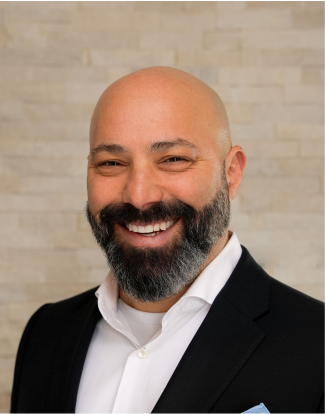Responsible investment (RI), also called sustainable investment, involves investment decisions that avoid, reduce or eliminate the environmental, societal or governance (ESG) risks associated with a particular investment.
For you as an investor, RI is about aligning your investment decisions with your personal values.
The goal of the RI process is to improve long-term investment returns by reducing these risks. Increasingly, the evidence suggests that the performance of responsible investments matches or exceeds that of more conventional investment options.†
Is responsible investment the same as socially responsible investment, ethical investment or sustainable investment? No. While the other three terms suggest a more ethical and moral application of investment approach, only responsible investment, by definition, entails the application of ESG.
Sustainable investment is the term used by Balance Financial to characterize all investments that offer long-term ESG benefit. While this includes investments that are categorized specifically as responsible, it would include any investment that has the potential to benefit the environment, society and the investor over the long-term.
Responsible investment (RI) involves investment decisions that avoid, reduce or eliminate the environmental, societal or governance (ESG) risks associated with a particular investment. These risks may threaten the long-term viability of an investment. ESG analysis is used alongside traditional financial analysis to assess the sustainability of an investment decision.
Environmental Risks– Considers the potentially negative impact on air, land, water and human health. Examples of environmental risks include climate change, greenhouse gas (GHG) emissions, resource depletion, waste and pollution, and deforestation.
Societal Risks– Addresses matters such as human rights, supply chains, worker safety and aboriginal rights. Examples of societal risks include child labour, slavery, conflict, worker health and safety, relationship with local communities.
Governance Risks– Encompasses areas such as corporate board independence and diversity, corporate risk management, and excessive executive compensation. May also include the nature and actions of sovereign governments. Examples of governance risks include – executive pay, bribery and corruption, political lobbying and donations, board diversity and structure, tax strategy, independence of auditor, national government policies.
Responsible Investment Methods
There are a number of methods used by financial companies to create responsible investments. Four of the most common include:
Negative screening– the elimination or avoidance of companies that engage in undesirable activities, such as the production of certain products (e.g. tobacco, alcohol, weapons, pornography, nuclear power, pesticides, gambling, etc.), or environmentally and socially harmful operations.
Positive screening– the inclusion of companies that make a desirable contribution to the environment or society, either through the production of goods and services, or their corporate operations.
Engagement – interacting directly with corporations in an effort to bring about positive change in their practices and behaviour. Engagement may be undertaken by the investment firm as a shareholder (in concert with other shareholders) or directly with a corporation’s management team.
Impact investment– directing investment dollars in a way to benefit communities and society directly. This includes microloans, clean water programs and initiatives with indigenous groups.
Responsible investment has become mainstream and now accounts for more assets under management globally than non-RI investments. If you haven’t aligned your investments with your values, maybe now’s the time.



